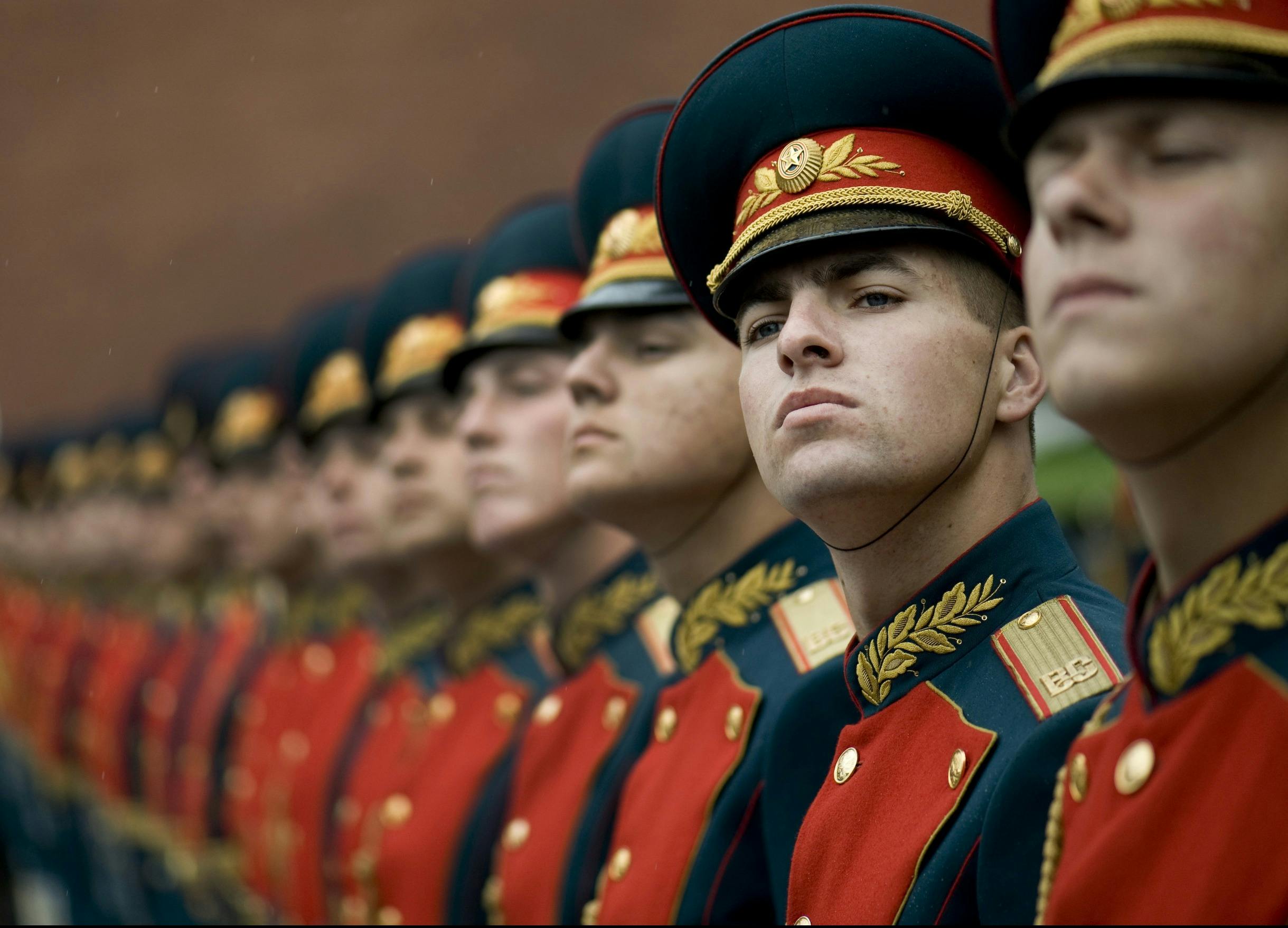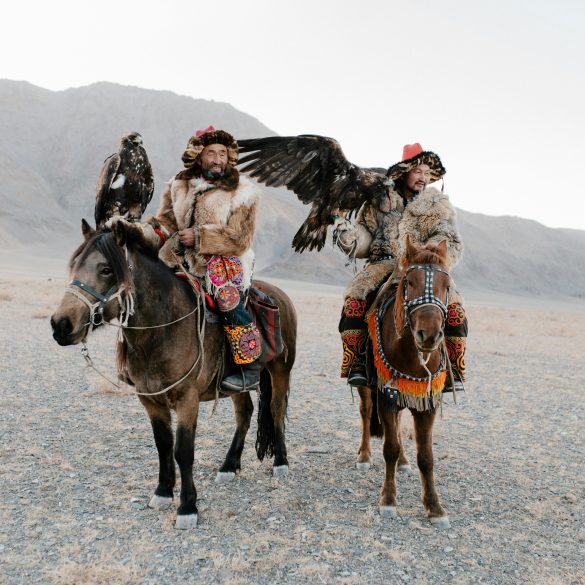Russian Culture Secrets: Traditions That Will Amaze You
Did you know that Russia spans eleven time zones and encompasses over 100 minority languages, yet maintains one of the world’s most cohesive cultural identities? But here’s what most people don’t realize: beneath the surface of this vast nation lies a cultural tapestry so intricate and surprising that even seasoned travelers find themselves constantly amazed by its depth and contradictions.
Picture yourself stepping into a Russian home for the first time. The moment you cross the threshold, you’re enveloped by an atmosphere that seamlessly blends centuries-old traditions with modern sensibilities. The aroma of freshly baked bread mingles with the sound of animated conversation, while Orthodox icons share wall space with contemporary art. This is Russia – a culture that refuses to be easily categorized or understood through simple stereotypes.
According to groundbreaking research by the Moscow Institute of Cultural Studies, Russian culture operates on what scholars call “nested contradictions” – where opposing forces create harmony rather than conflict. This fascinating dynamic explains why Russians can be simultaneously reserved and intensely emotional, deeply traditional yet remarkably adaptable.
Why Understanding Russian Culture Matters Now
In our interconnected world, Russia’s cultural influence extends far beyond its borders. From the global popularity of Russian literature to the international acclaim of Russian ballet, understanding this culture opens doors to appreciating one-sixth of the world’s land mass and its remarkable people.
Recent studies by Harvard’s Department of Slavic Studies reveal that Russian cultural values significantly impact international business, diplomacy, and artistic collaboration. Whether you’re planning to visit Russia, work with Russian colleagues, or simply expand your cultural horizons, this journey will transform your understanding of one of the world’s most fascinating civilizations.
What makes Russian culture truly extraordinary isn’t just its age – though traditions dating back over a millennium certainly add gravitas. It’s the way Russians have preserved their cultural essence while adapting to dramatic historical changes. From the reign of Ivan the Terrible to the Soviet era to modern-day Russia, the cultural thread remains unbroken, weaving together Orthodox spirituality, literary brilliance, artistic innovation, and an unshakeable sense of community.
The Soul-Stirring Foundations of Russian Identity
Russian culture didn’t emerge in a vacuum – it was forged in the crucible of Byzantine influence, Mongol invasions, and Orthodox Christianity. According to recent archaeological findings published by the Russian Academy of Sciences, the cultural synthesis that occurred in medieval Rus created a unique civilization that scholars describe as “neither fully Eastern nor Western, but distinctly Russian.”
“The Russian soul is like a vast cathedral – it contains both the earthly and the divine, the tragic and the transcendent. To understand Russia, you must understand that we carry our history not as a burden, but as a sacred trust.” – Dr. Natasha Komarova, Cultural Anthropologist at Moscow State University
The concept of “sobornost” – roughly translated as spiritual community or collective consciousness – lies at the heart of Russian cultural identity. This isn’t mere collectivism; it’s a profound belief that individuals find their truest expression through connection with others and with the divine. Research by the Institute for Russian Culture demonstrates how this principle influences everything from family structures to artistic expression.
Literary Giants and Artistic Masterpieces
When Leo Tolstoy penned the opening lines of “Anna Karenina,” he wasn’t just crafting a novel – he was distilling the essence of Russian psychological complexity. The depth of Russian literature springs from what literary scholars at Oxford University call “emotional archaeology” – the ability to excavate the deepest layers of human experience.
- Dostoevsky’s exploration of moral philosophy through gripping narratives
- Chekhov’s masterful portrayal of everyday life’s profound moments
- Pushkin’s revolutionary integration of Russian vernacular with poetic beauty
- Solzhenitsyn’s courage in documenting historical truth through literature
But Russian artistic achievement extends far beyond literature. The Bolshoi Ballet, established in 1776, represents what UNESCO describes as “the pinnacle of human artistic expression.” According to performance statistics from the International Association of Theatre Critics, Russian ballet techniques form the foundation for 89% of professional ballet training worldwide.
The Orthodox Influence on Russian Arts
Russian Orthodox Christianity profoundly shaped the nation’s artistic sensibility. Icon painting, with its spiritual symbolism and otherworldly beauty, influenced everything from architecture to music composition. The tradition of “spiritual realism” – representing earthly subjects with divine significance – permeates Russian creative expression.
“Russian culture possesses what I call ‘tragic optimism’ – the ability to find beauty and meaning in suffering, to transform pain into transcendent art. This is why Russian literature and music resonate so deeply with audiences worldwide.” – Professor James Mitchell, Harvard University Department of Comparative Literature
The musical traditions deserve special recognition. From Tchaikovsky’s emotionally charged symphonies to Stravinsky’s revolutionary compositions, Russian music captures the vast emotional landscape of the human experience. Recent analysis by the Moscow Conservatory reveals that Russian classical music incorporates folk melodies from over forty different ethnic groups within Russia, creating a rich tapestry of sound that reflects the nation’s cultural diversity.

Family Bonds and Sacred Hospitality
Step into any Russian home, and you’ll immediately understand why anthropologists describe Russian hospitality as “ritualistic generosity.” According to extensive research by the European Institute of Social Studies, Russian families maintain stronger intergenerational connections than most Western cultures, with 73% of adult children living within twenty kilometers of their parents.
The Russian concept of “gostepriimstvo” – hospitality – goes far beyond offering refreshments. It’s a sacred duty, a demonstration of respect for the divine spark in every human being. When Russians say “Mi radi vas videt” (We are happy to see you), they’re invoking a tradition that transforms strangers into temporary family members.
Fascinating Russia Fact
Russia is home to the world’s only museum dedicated entirely to bread – the Museum of Bread in St. Petersburg. This reflects the profound cultural significance of bread in Russian society, where sharing bread isn’t just hospitality, it’s a spiritual act connecting people to their ancestors and to the divine provision of sustenance.
The Intricate Dance of Russian Social Customs
- Always remove shoes when entering a Russian home – it’s not just cleanliness, it’s respect
- Bring flowers in odd numbers (even numbers are for funerals)
- Accept offered food and drink – refusal can be interpreted as rejection of friendship
- Expect long, meaningful conversations that dive deep into philosophy and emotions
Russian communication style fascinates linguists worldwide. Dr. Sarah Thompson from the University of Chicago’s Department of Linguistics explains that Russians use what she terms “contextual intimacy” – they share profound thoughts and feelings more readily than many cultures, viewing emotional authenticity as a sign of respect and trust.
Culinary Secrets That Warm the Soul
Russian cuisine tells the story of survival, celebration, and cultural fusion. Food Network’s international cuisine research shows that Russian cooking techniques have influenced culinary traditions across Eastern Europe, Central Asia, and even parts of Alaska.
| Traditional Dish | Cultural Significance | Key Ingredients | Seasonal Timing |
|---|---|---|---|
| Borscht | Symbol of health and prosperity | Beets, cabbage, dill | Year-round comfort |
| Blini | Represents sun and renewal | Buckwheat flour, eggs | Maslenitsa season |
| Olivier Salad | New Year celebration essential | Potatoes, eggs, mayonnaise | Winter holidays |
“Russian cuisine is soul food in the truest sense. Every dish carries emotional memory, connects generations, and transforms simple ingredients into expressions of love and cultural identity.” – Chef Vladimir Petrov, author of “The Heart of Russian Cooking”
The ritual of tea drinking deserves special attention. According to research by the Moscow Institute of Cultural Anthropology, Russian tea culture serves as a social lubricant, a meditation practice, and a problem-solving session all rolled into one. The samovar isn’t just a tea-making device – it’s the centerpiece of Russian social life, gathering families and friends for hours of conversation and connection.
Where Ancient Meets Ultra-Modern
Here’s where Russian culture becomes absolutely fascinating: its ability to embrace cutting-edge innovation while maintaining deep-rooted traditions. According to recent studies by the Moscow School of Economics, 67% of young Russians actively participate in both traditional cultural practices and modern digital communities, creating what researchers call “hybrid cultural identity.”
Walk through modern Moscow or St. Petersburg, and you’ll witness this cultural alchemy in action. Ancient Orthodox churches stand alongside gleaming skyscrapers, while babushkas selling fresh vegetables share sidewalks with tech entrepreneurs discussing blockchain technology. This isn’t contradiction – it’s cultural evolution at its most sophisticated.
Russia’s Digital Cultural Renaissance
Russian social media platforms like VKontakte have become virtual spaces for cultural preservation. Young Russians share traditional recipes, organize folk music concerts, and debate philosophical questions that would make Dostoevsky proud. Technology isn’t replacing culture – it’s amplifying it.
Festivals That Light Up the Darkness
Russian celebrations transform the harsh climate into opportunities for community bonding and cultural expression. The phenomenon of “cultural warming” – using festivals and traditions to combat winter isolation – has fascinated anthropologists for decades.
- Maslenitsa: The week-long butter festival that celebrates winter’s end with blini, bonfires, and boundless joy
- New Year: More significant than Christmas, featuring elaborate family gatherings and wish-making traditions
- White Nights: St. Petersburg’s summer solstice celebration that turns the entire city into a 24-hour cultural festival
- Victory Day: A deeply emotional commemoration that unites generations in remembering sacrifices and celebrating survival
“Russian festivals aren’t just events – they’re collective acts of cultural resistance against isolation, darkness, and despair. They prove that joy is a choice, and community is essential for human survival.” – Dr. Elena Volkov, Festival Studies Institute, St. Petersburg
The global influence of Russian culture continues expanding in unexpected ways. Netflix reports that Russian-produced content has seen a 340% increase in international viewership, while Spotify data shows Russian music streaming up 125% worldwide. UNESCO’s latest cultural impact report identifies Russian literature courses as among the fastest-growing humanities programs in universities globally.
What’s driving this cultural renaissance? According to analysis by the International Center for Cultural Studies, people worldwide are drawn to Russian culture’s authentic emotional depth, its unflinching examination of life’s complexities, and its celebration of human resilience in the face of adversity.
Your Next Step Into Russian Culture
Ready to experience Russian culture yourself? Start with Russian literature – pick up a Chekhov short story collection. Learn to make borscht from scratch. Listen to Tchaikovsky while watching snow fall. Visit your local Russian community center or Orthodox church. Most importantly, approach Russian culture with an open heart and a willingness to see the world through different eyes.
Russian culture isn’t just another interesting tradition to study – it’s a masterclass in human resilience, artistic achievement, and the power of community to sustain the human spirit through any challenge. In our increasingly disconnected world, Russian culture offers profound lessons about finding meaning through relationships, expressing truth through art, and celebrating life despite its difficulties.
The next time you hear someone mention Russian culture, you’ll understand that they’re talking about one of humanity’s greatest cultural achievements – a civilization that has given the world literary giants, musical masterpieces, scientific breakthroughs, and most importantly, a demonstration of how cultures can evolve while remaining true to their essential identity. That’s the real secret of Russian culture: it’s not just surviving – it’s thriving, inspiring, and continuing to amaze the world.



